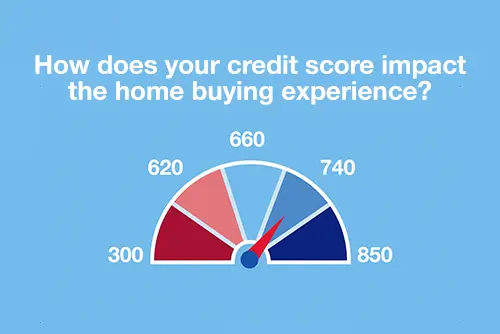
What is a mortgage?

10 uses for a home equity loan

10 ways to increase your home’s curb appeal

Uncover the cost: Home renovation

Mortgage basics: 3 key steps in the homebuying process

When should I refinance a mortgage?

Uncover the cost: Building a home

These small home improvement projects offer big returns on investment

Mortgage basics: What’s the difference between interest rate and annual percentage rate?

Mortgage basics: What is refinancing, and is it right for you?

Mortgage basics: How does your credit score impact the homebuying experience?

Mortgage basics: Prequalification or pre-approval – What do I need?

Mortgage basics: How much house can you afford?

Mortgage basics: Finding the right home loan for you

Saving for a down payment: Where should I keep my money?

Quiz: How prepared are you to buy a home?

Building a dream home that fits your life

How you can take advantage of low mortgage rates

What to know when buying a home with your significant other

8 steps to take before you buy a home

Home equity: Small ways to improve the value of your home

How to use your home equity to finance home improvements

10 questions to ask when hiring a contractor

Should you buy a house that’s still under construction?

What is an Accessory Dwelling Unit (ADU) – and is it right for you?

Checklist: 10 things to look for when touring a home

Checklist: financial recovery after a natural disaster

How to sell and buy a home at the same time

Pros and cons of a personal line credit

Managing the impacts of appraisal gaps in a hot housing market

Money Moments: Tips for selling your home

Mortgage basics: Buying or renting – What’s right for you?

The lowdown on 6 myths about buying a home

6 questions to ask before buying a new home

Should you get a home equity loan or a home equity line of credit?

5 things to avoid that can devalue your home

What is a home equity line of credit (HELOC) and what can it be used for?

What is refinancing a mortgage?

Military homeownership: Your guide to resources, financing and more

What’s a subordination agreement, and why does it matter?

Money Moments: How to finance a home addition

Checklist: 6 to-dos for after a move

Home improvements with the best ROI

How I did it: Bought my dream home using equity

Is it the right time to refinance your mortgage?

Homebuying decoded: What is a debt-to-income ratio?

Homebuying decoded: What is a warranty deed?

How I did it: Bought a home without a 20 percent down payment

Dear Money Mentor: What is cash-out refinancing and is it right for you?

Homebuying decoded: What is an assumable mortgage?

3 tips for saving money when moving to a new home

PCS moving checklist for military spouses and families

Are professional movers worth the cost?

Spring cleaning checklist for your home: 5 budget-boosting tasks

Tips for realtors to help clients get their homeownership goals back on track

How to avoid mortgage wire fraud at closing

Putting home ownership within reach for a diverse workforce

What’s the difference between Fannie Mae and Freddie Mac?


